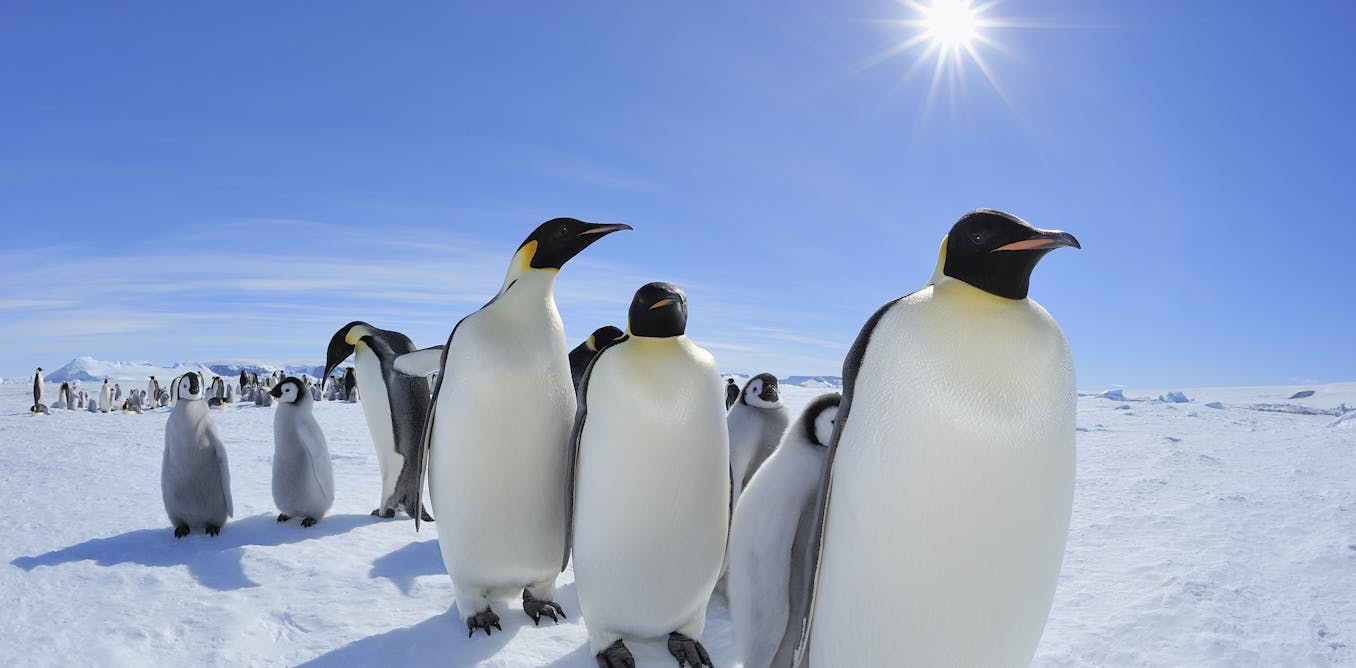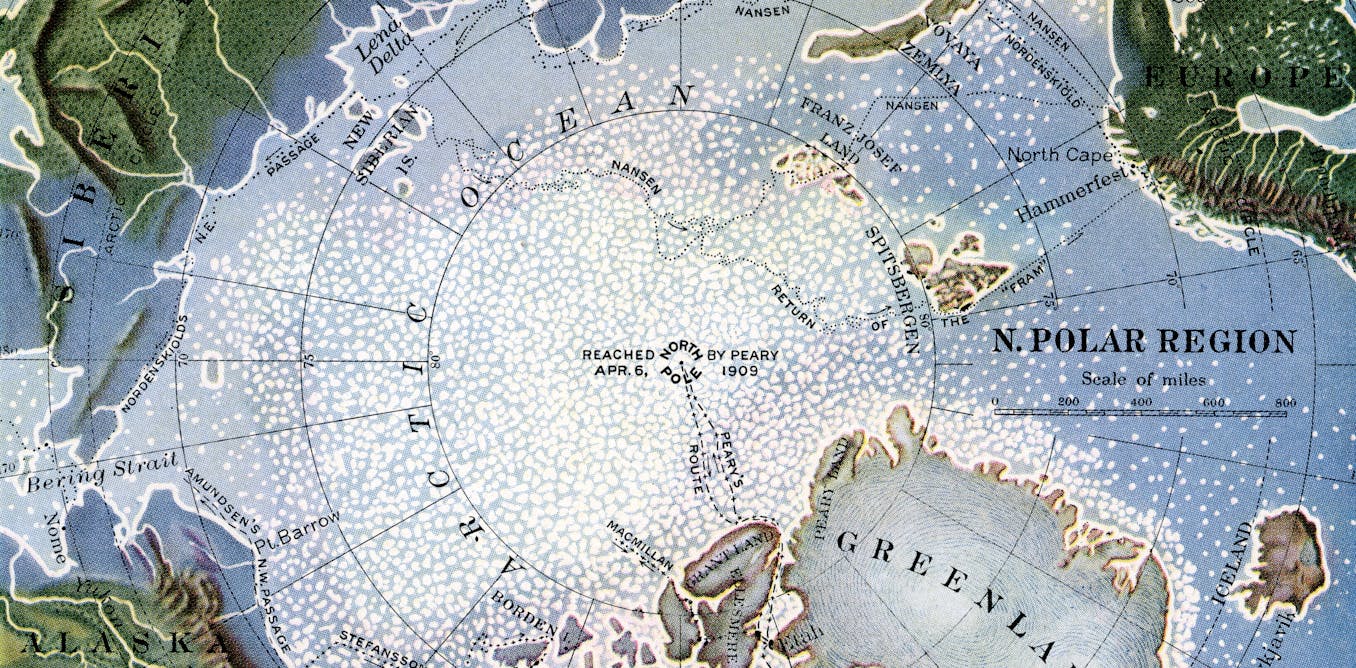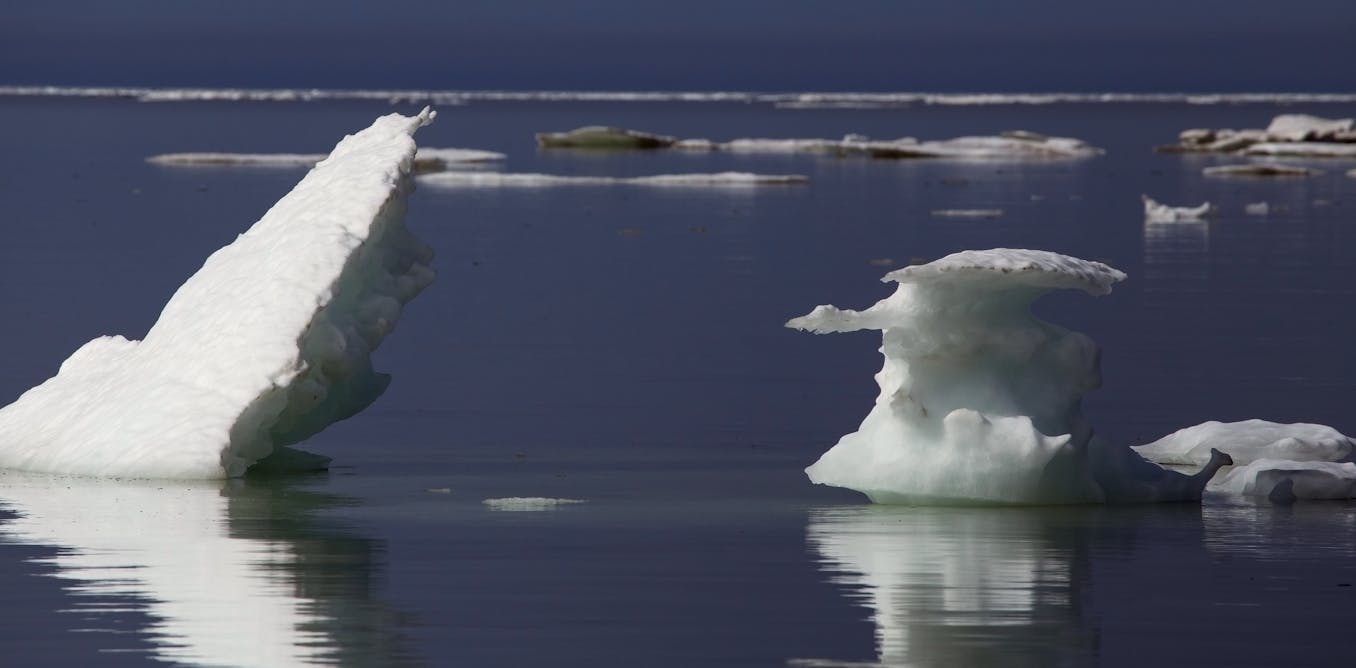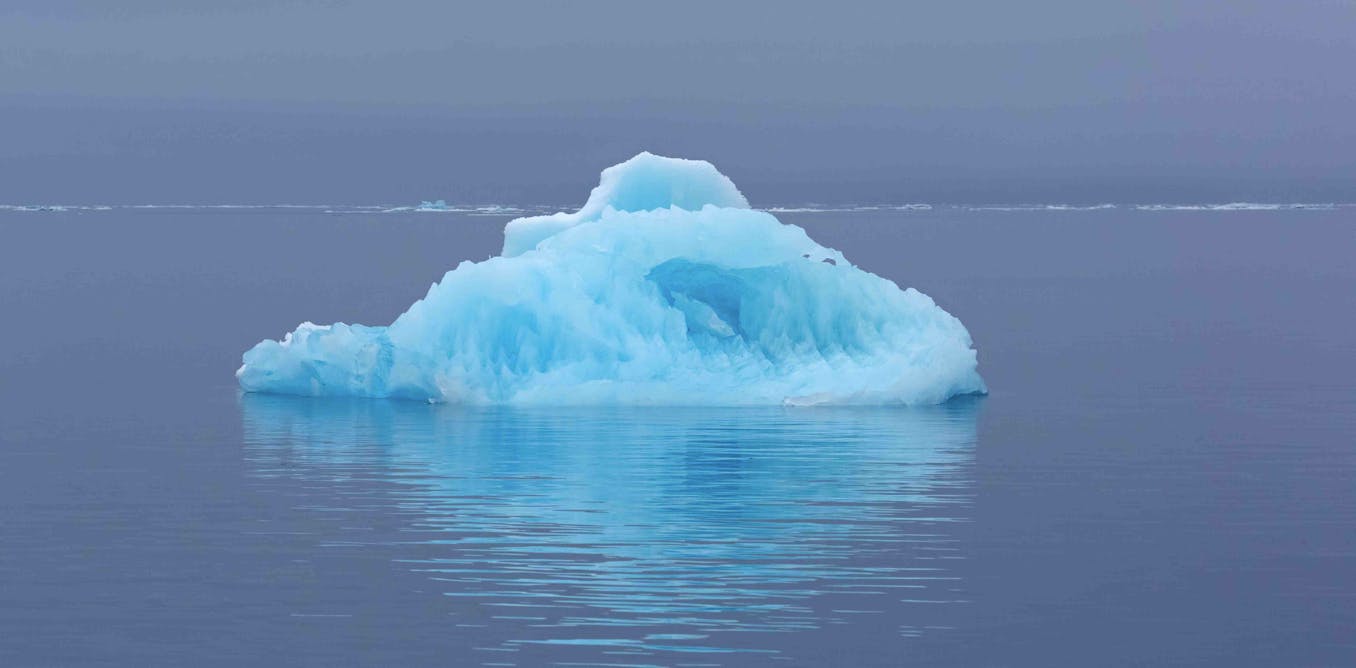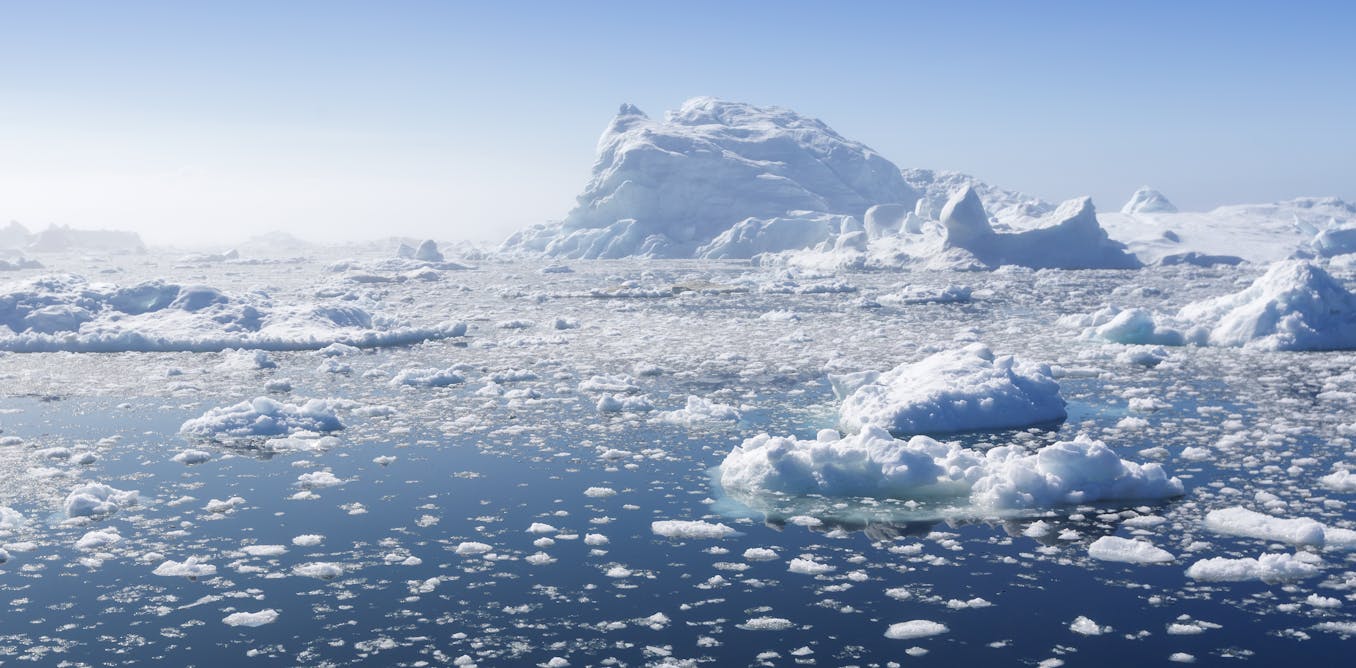98% of emperor penguin colonies could be extinct by 2100 as ice melts – can Endangered Species Act protection save them?
Emperor penguins survive in a ‘Goldilocks zone’ between too much sea ice and too little. A new study shows the risk they face from climate change.
Aug. 3, 2021 • ~9 min

